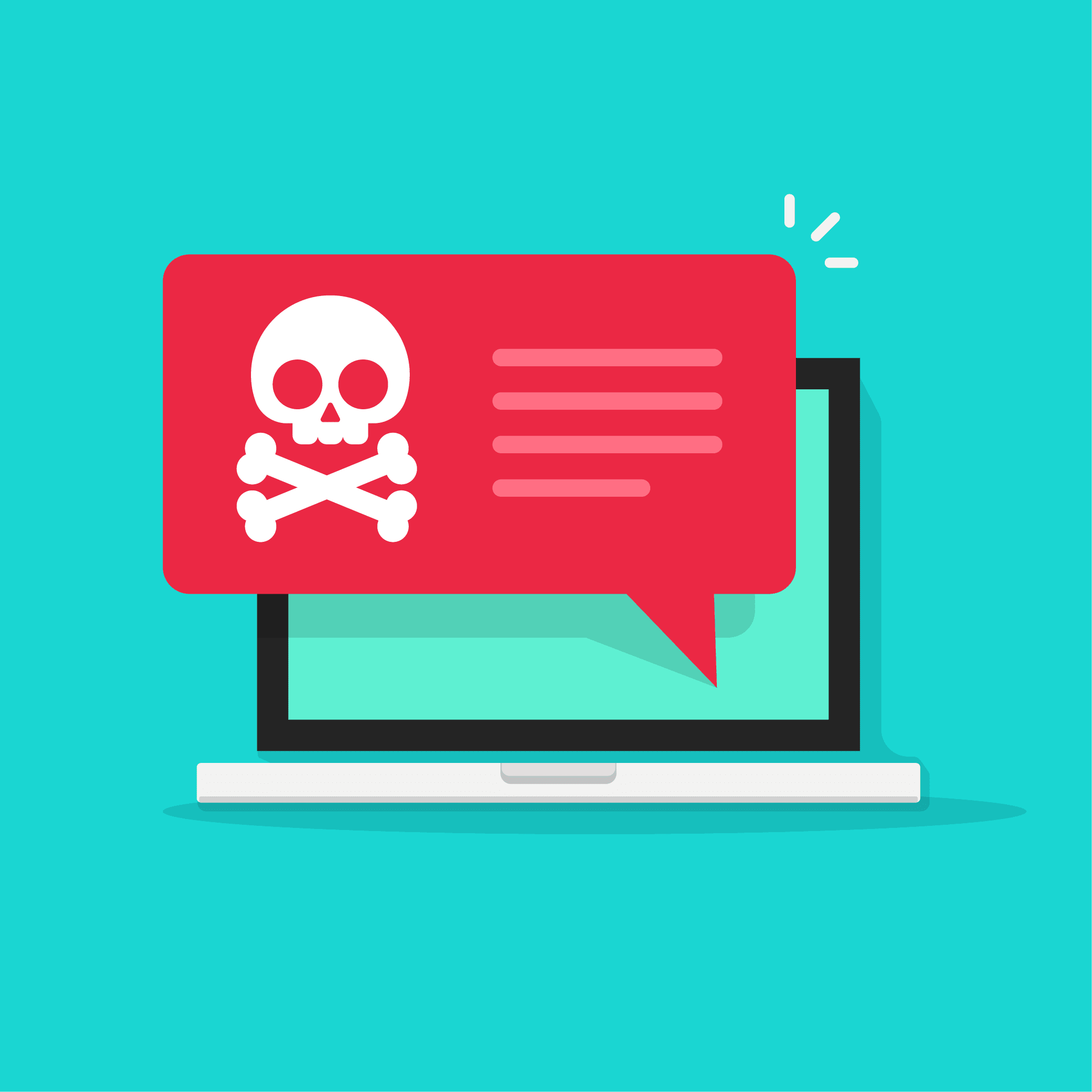Your Website’s Security: How O’Brien Media Keeps You Protected
At O’Brien Media, safeguarding your website is our top priority. Recently, a critical vulnerability was discovered in a popular WordPress plugin, UpdraftPlus, a backup solution installed on over 3 million websites globally. This vulnerability, if exploited, could have allowed unauthorised individuals to access sensitive website backup files, exposing valuable data such as passwords, configuration details, and customer information.
Given the popularity of UpdraftPlus among WordPress users, the potential impact of this security flaw was significant. However, thanks to our proactive approach to website management and security, O’Brien Media clients can rest assured that their sites remain safe and secure.
What Happened?
The vulnerability in UpdraftPlus stemmed from an issue in the way backup file access was handled. Under specific conditions, unauthorised users could bypass authentication mechanisms to download backups stored on the server. These backups often include critical data, making the flaw a potential goldmine for hackers seeking to steal information or exploit vulnerabilities in older configurations.
The developers of UpdraftPlus quickly released a patch to address the issue. However, not all website owners apply updates immediately, leaving millions of sites exposed to potential attacks. This highlights the importance of working with a professional website management team that stays on top of such vulnerabilities.
How O’Brien Media Responded
As soon as the vulnerability was disclosed, our team conducted a thorough review of all client websites to identify any instances of the affected plugin. We immediately updated UpdraftPlus to its latest secure version across all sites under our management, ensuring that our clients’ websites were protected from potential exploitation.
In addition to this swift action, our ongoing maintenance routines meant that many of our clients’ websites were already using the latest version of the plugin, further minimising any risk. This proactive approach to plugin updates and monitoring is a cornerstone of our website hosting and support services.
What Sets O’Brien Media Apart?
Security threats like this one underscore the importance of choosing a trusted website management partner. At O’Brien Media, we take a multi-layered approach to security:
- Regular Updates: We ensure that all plugins, themes, and core WordPress files are kept up to date to mitigate risks.
- Proactive Monitoring: Our team monitors security bulletins and industry updates daily, allowing us to act quickly when vulnerabilities are discovered.
- Backup Integrity: While the UpdraftPlus vulnerability targeted backup files, we employ additional measures to secure your backups, including encrypting sensitive data and storing files in secure locations.
- Continuous Communication: If a vulnerability arises, we act promptly and keep our clients informed when necessary, ensuring transparency and confidence in our services.
Your Peace of Mind is Our Mission
The recent UpdraftPlus vulnerability serves as a reminder of how quickly security threats can emerge. However, it also highlights the value of entrusting your website to professionals who prioritise your online safety.
At O’Brien Media, we don’t just react to issues – we anticipate them. Our clients benefit from a proactive and hands-on approach that ensures their websites remain secure, stable, and always performing at their best.
If you have any questions about your website’s security or wish to learn more about our website support and hosting services, don’t hesitate to get in touch. Your trust is the foundation of our work, and we remain committed to providing a secure and reliable digital experience for you and your visitors.
Stay secure with O’Brien Media – your partner in peace of mind.


